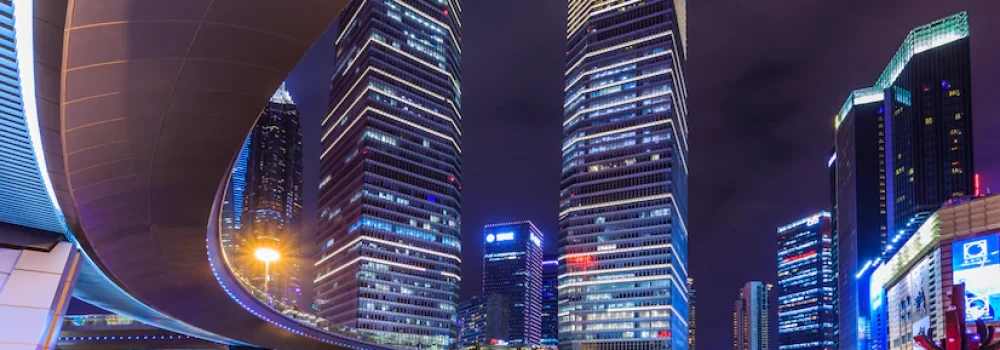Authorities in Phuket have joined hands with a major Thai Telecom operator to drive the island’s smart city development, taking advantage of the 5G network with a broad range of solutions. The move is also meant to support the country’s reopening to vaccinated foreign travellers.
The head of the operator’s 5G working group noted that the company is ready to bring the 5G network and solutions to facilitate smart tourist journeys, particularly in major destinations like Phuket, which is set to become a fully smart city. The pilot solutions are being provided to Centara Grand Beach Resort Phuket and Chalong Pier.
At Centara Grand Beach Resort Phuket, 5G Robo-serve, a 5G robot, will deliver food without direct contact, allowing the robot to precisely serve food to customers’ tables, avoiding the risk of staff being near to, or having direct contact with, tourists. The operator’s Digital Smart QR Code (DGS) will let hotel guests order food or get room service via their own mobile phone.
For the hotel’s common area, the operator has joined a 5G technology solution provider, to install 5G Fixed Wireless Access to enhance the speed and strength of the mobile signal. For customers who want to get health advice from doctors, they can use the firm’s 5G x TytoCare, an innovation that combines a first-aid health inspection device. They can also directly talk with doctors from their room by using True Health, a healthcare application.
The operator has also partnered with a tourism business management platform, to facilitate the tourist verification process with wristbands, along with self-check-in to increase speed and minimise congestion at piers such as Chalong Pier. There is also a device to locate boats in case of emergency or to inform tourists about a meeting point location. In addition, a smart data system helps collect tourists’ information, including their travel dates, nationality, passport and photo, as well as their vaccination data and test results.
The company has extended its wallet to shops in tourist destinations to provide a cashless service, to avoid physical contact throughout the trip. It was noted that the collaboration is about enhancing the tourism industry, not only in Phuket; we are ready to support operators in business sectors in other provinces nationwide. The Governor of Phuket noted that the province appreciated the collaboration, which would support Phuket tourism and provide safety to build confidence among local and international tourists.
Travel technology is an extension of information and communication technology dealing with the tourism and hospitality sectors. This technology enables agencies to book flights, tours, transfers, and others. It was majorly related to the airline industry that mostly dealt with computer reservation systems. Currently, mobile devices are the most preferred medium to use travel technologies.
The Global Travel Technologies Market was valued at US$6 billion in the year 2020 and is projected to reach a revised size of US$13.6 Billion by 2027, growing at a CAGR of 6.8% over the period 2020-2027. Global Distribution System (GDS), one of the segments analysed in the report, is projected to record a 6.1% CAGR and reach US$9.1 Billion by the end of the analysis period.
After an early analysis of the business implications of the pandemic and its induced economic crisis, growth in the Airline & Hospitality IT Solutions segment is readjusted to a revised 8.4% CAGR for the next 7-year period.
It is important to note that Thailand is one of the most popular tourist destinations in the world. The tourism industry is a major contributor to the country’s economy. As of the first quarter of 2020, the tourism industry was estimated to directly contribute 5.65% to the gross domestic product (GDP) in Thailand. Tourism is also one of Thailand’s largest sectors of employment, and it ranked ninth in terms of having the highest number of people employed in the tourism industry worldwide in 2019.

